Engage Your Community: How Building Trust can Change Health Care
Using Deep Listening to Provide Better Care
By Fran Rawlings
In November 2019, Health Commons Solutions Lab was invited to lead a workshop at the Transforming Care Conference, SickKids Hospital’s annual innovation event. This was an opportunity to share some of the key learnings we’ve developed with the Neighbours initiative.
About Neighbours
Neighbours is a response to the serious public health challenges associated with social isolation and loneliness. For the last 2 years, Health Commons has been working to address this hugely complex issue through a design-led iterative intervention. That means we use design principles and we’re always learning and adapting. Being a design-led organization means we work with people in the context and culture they live in to develop an understanding of their needs. From there, we test and iterate solutions with customers.
By thinking about health more holistically, through the perspective of the person (in this case, the perspective of older adults), Neighbours centres the quality of life of people who are usually excluded from health care decisions. This leads to a better understanding of their needs, which leads to social connectedness, better support, and empowerment. The aim is straightforward: to build community for better health.
The Workshop
A group of around 20 health care service providers, hospital staff, and leaders were guided through a set of experiential learning activities to reveal key insights and improve how we work together.
To set the tone for the workshop, some key facts about social isolation and associated health risks were shared. For example, research has shown that social isolation is linked to higher risk of many chronic health conditions; as damaging as smoking 15 cigarettes a day (Holt-Lunstad, Baker, et al). While research can help us understand an issue, the local context is key to identifying the best points of intervention within a system; being with the people on the ground to hear their stories.
The workshop focused on 3 key insights: building trust, surfacing abundance, and deprogramming. Here we share the value of building trust.
Building Trust
Trust takes time to build and it happens through deep listening. Trust is foundational for establishing strong, open relationships. Unfortunately, in the current system, tolerance for ambiguity among socially complex people is often low, even though it’s the most important thing when it comes to understanding how to support someone. While providers have a great deal of expert knowledge and care, factors like limited resources, burn out, and evolving pressures can push building trust down (or off) the list of priorities.
In Neighbours, trust building is how we start understanding older adults’ needs. These needs are often revealed through a series of conversations. Having enough time is necessary to allow older adults to drive the pace of conversation. One might say, we go slow (to understand), so we can go fast (to provide solutions that get to the root of an issue).
Activity and Outcomes
To demonstrate the importance of deep listening, we guided workshop participants through an exercise where they got to act as both a storyteller and a listener. The latter was asked to stay silent and use minimal body language in order to allow the storyteller to share their story without interruption. It seems very simple – but it's actually very hard to sit still and listen (try it!). As people in helping professions, we often want to jump in and propose solutions. Taking the time to truly listen can take us to another level of understanding.
Workshop participant’s reflections included:
“Today I learned the importance of listening.”
“This is most useful in my work because I focus a lot on learning people's needs.”
“The importance of listening will help me ascertain what my client needs.”
The Neighbours team often says, “The therapy is in the conversation.” This workshop reinforced that notion and revealed how simple, effective, and important a reminder to listen can be. This activity was designed to see what happens when we take our learnings from the ground into the system.
Now What
The SickKids workshop provided participants with an opportunity to reflect on how we work and where we can think about working differently. With an ever-present need to save money in the healthcare system, sometimes the thing we’re overlooking, like taking the time to listen, can be the thing that saves us the most in the end.
Learn more about the Neighbours program.
The views and material presented here are not endorsed by any funders or collaborators of Health Commons Solutions Lab. Our work does not reflect the views or the policy development of the Ontario Ministry of Health. The Health Commons Solutions Lab is funded in part by the Ontario Ministry of Health and based at Bridgepoint Health (part of Sinai Health), with collaborators across Ontario.
References
Ministry of Health, Report: Connected Communities: Healthier Together.
Holt-Lunstad, J., Smith, T. B., Baker, M., Harris, T., & Stephenson, D. (2015). Loneliness and Social Isolation as Risk Factors for Mortality. Perspectives on Psychological Science, 10(2), 227–237. doi: 10.1177/1745691614568352



